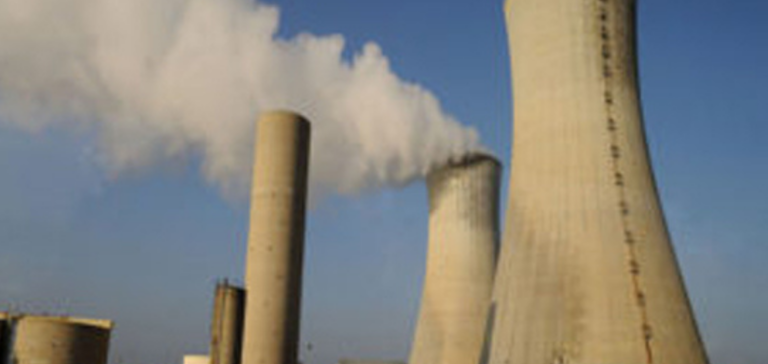The world is witnessing a major energy transformation, marked by increased cooperation between nations in the transition to clean energy sources. An important milestone was recently reached in this area with the signing of an agreement between the UK and South Korea.
Civil Nuclear Power at the Heart of Collaboration
The UK Secretary of State for Energy Security, Claire Coutinho, and the South Korean Minister for Trade, Industry and Energy, Bang Moon Kyu, formalized the agreement. However, the partnership aims to strengthen cooperation in clean energy transitions, low-carbon technologies, civil nuclear power and national climate policies.
History and strategic importance of the Agreement
The agreement underlines the two nations’ commitment to close collaboration in the field of civil nuclear power. This includes large- and small-scale reactors, as well as advanced reactors, waste management and decommissioning, and supply chains. This agreement follows a joint declaration signed in April by the UK and South Korea, recognizing the need for an energy transition from fossil fuels to low-carbon energy sources.
Joint projects and objectives
This energy collaboration is not new. The UK and Korea had already signed a nuclear cooperation agreement in 1991. Claire Coutinho stressed the importance of this new partnership, which will enable even closer collaboration to accelerate the adoption of clean energy sources, such as renewable energies and nuclear power.
Implications for the nuclear industry
Tom Greatrex, Chief Executive of the British Nuclear Association, also emphasized the strategic importance of this partnership. He mentioned that this demonstrates the UK’s serious commitment to working with one of the world’s leaders in civil nuclear power to increase nuclear capacity, achieve energy security and carbon neutrality goals, and reduce Russia’s presence in the global nuclear fuel market.
Future prospects and cooperation
The South Korean nuclear industry has a worldwide reputation for delivering large-scale nuclear projects quickly and efficiently, both nationally and internationally. The UK’s target is to reach 24GW of nuclear capacity by 2050, and South Korea could play a key role in this effort.
David Peattie, CEO of NDA, emphasized the honor of welcoming his KORAD counterparts and reaffirming their commitment to working together. International collaboration is extremely beneficial in enabling and enhancing the safe, secure and sustainable delivery of their nuclear decommissioning mission.
The energy partnership between the UK and South Korea marks a significant step in the global transition to clean energy. This strategic collaboration not only strengthens the nuclear capabilities and energy security of both countries, but also serves as a model for other nations seeking to move towards sustainable energy sources.





















